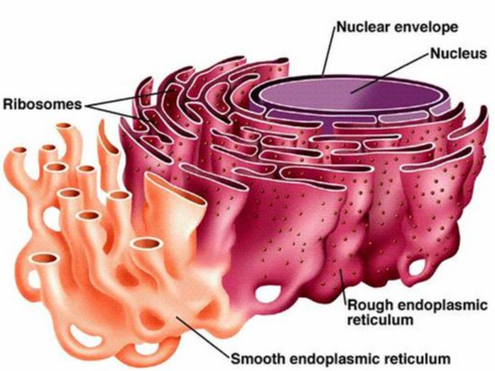How to visualize proteins after electrophoresis
The Protein Man

Recent Posts
How to visualize proteins after electrophoresis
Posted by
The Protein Man on Jun 16, 2021 2:15:00 PM
0 Comments Click here to read/write comments
Overcoming the Immune Response to Xenotransplantation
Posted by
The Protein Man on May 26, 2021 3:15:00 PM
0 Comments Click here to read/write comments
Read More
0 Comments Click here to read/write comments
Surviving the Chill: Tips and Tricks for Freezing Cells
Posted by
The Protein Man on Apr 29, 2021 2:00:00 PM
What is Cell Freezing?
Cryopreservation, or cell freezing, is a crucial step of animal cell culture and long-term maintenance, which is different from the process of preserving bacteria and fungi. It is the most effective method of animal cell culture preservation and is accomplished by either a suitable cryogenic agent or liquid nitrogen. It can oftentimes be difficult to maintain cell lines, due to the viability of preserved cell lines, slow growth rates, physiological conditions, cell density and the type of cryoprotectant and freezing technique.
0 Comments Click here to read/write comments







